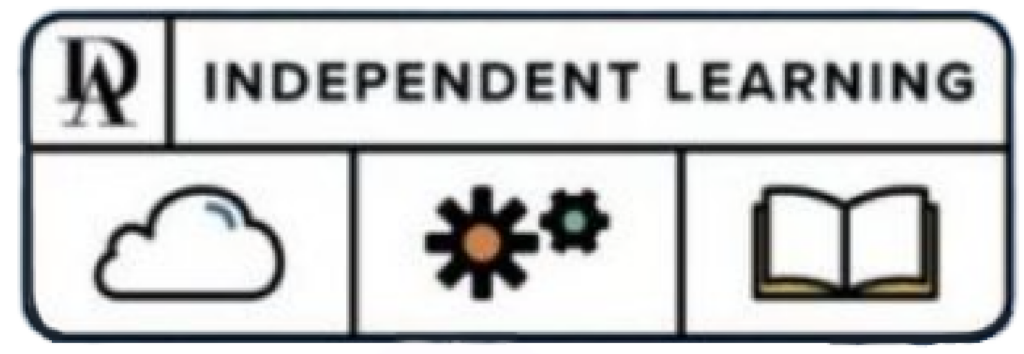Hi! I hope everyone had a wonderful week 🙂
As I said in my last post, I had the opportunity to attend the Diversity, Equity, and Inclusion Conference at Guilford College yesterday (Friday, Feb 3rd) along with a few other students and teachers from Durham Academy. It was a bit of a… wild ride at the end to say the least, but in the morning I attended two workshops on neurodiversity—Self-Advocacy and Neurodiversity & Friendships.
Unfortunately, they were more lecture-style than interactive (and the lights in the room were pretty bright, which was ironic) so it was a little hard to focus, and I didn’t learn too much new information, but it was nice to hear some of the things I had learned through my research come from a neurodivergent individual + expert and to be able to have this experience as a resource to draw from for my future learning and final project.
I am trying to keep my blog posts short and sweet so I’ll just share a bit of information about each presenter and then one fact and one thing that stuck out to me 🙂
FIRST SESSION: Neurodiversity and Self-Advocacy
Presenter: an autistic ADHD lawyer and neurodiversity advocate
Subject: her experience going through the school and workplace systems as a neurodivergent individual, as well as when/how to disclose your neurodivergence to someone, and what the benefits/consequences of such might be
Fact: 1/7 people are neurodivergent
Stuck Out to Me: one thing that I think definitely will apply to my later exploration of neurodiversity in schools was what she said about accommodations: “[my school] just gave me extra time when really what I needed was someone sharing their notes with me.” I thought this was a super crucial idea because it reflects the way that, because neurodiversity isn’t understood in schools, neurodivergent individuals aren’t supported in ways that truly help them.
SECOND SESSION: Neurodiversity and Friendships
Presenter: an ADHD coach with ADHD and a neurodivergent family
Subject: neurodiversity (focus on ADHD) and how that may affect friendships due to non-neurotypical communication, cognitive emotional dysregulation, self-regulatory behaviors, sense of justice, working memory problems, rejection-sensitive dysphoria, neurodivergent paralysis, and more!
Fact: when ADHD-ers and other neurodivergent individuals don’t have the “motivation” to complete a task, they are not being lazy or procrastinating—they literally do not have enough dopamine in their brains at the moment to motivate themselves to complete the task; similarly, hyperfocus is the result of the brains being flooded with dopamine, due to something like the high-pressure situation of a deadline approaching, thus providing an extremely high level of “motivation” to complete a task and creating a tunnel view on that task that often causes them to completely ignore everything else—including tasks like remembering to eat.
Stuck Out to Me: one idea that really struck me was the conflict between neurodivergent communication and how it is perceived by neurotypicals because I think it calls for a mindset shift that could be really crucial in building acceptance, friendships, and understanding of neurodivergent people
- neurodivergent people may be perceived as irritable, aggressive, or angry when they are really just uncomfortable or overstimulated, but because neurotypicals may not understand that this is what is going on, they jump to conclusions and assume intentions that aren’t there
- forgetting to respond back to someone’s email or text is often perceived as a sign of disinterest in a relationship, but for many neurodivergent individuals it is really just the result of a working memory issue
essentially, just realizing that how you perceive people may not be correct, and giving space to whatever they might be going through at that moment—combined with more education about neurodiversity and necessary support systems—is really crucial to building friendships and spaces for neurodivergent people and everyone in general
The presentations were quite interesting in terms of learning about each of their personal experiences as neurodiverse people, and so I may add the rest of my notes to the blog sometime.
Thank you for reading! See you next week 🙂


I’m so glad you were able to attend! I am doing a little samesies hand gesture for your second to last bullet. In my work, this tends to be especially hard for neurotypical adults teaching neurodivergent students who struggle with self-advocacy and communication. This is definitely an area where we could use some additional education!